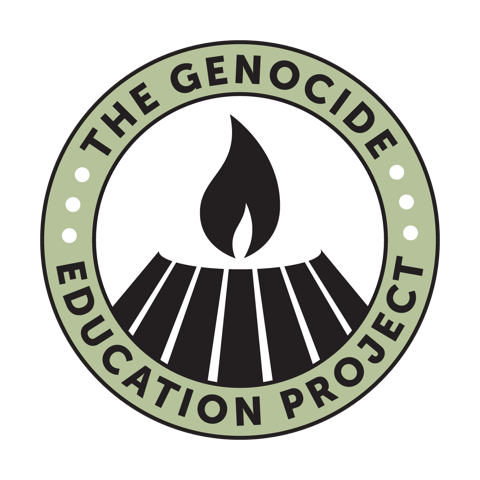March 11, 2021
7:30 pm EST
In the fall of 2020, Azerbaijan, aided by Turkey, attacked the ethnic Armenian region of Artsakh (Nagorno Karabagh). The Armenians of Artsakh, who had been placed within Azerbaijan’s control during the years of the Soviet Union, had gained de-facto independence after the fall of the Soviet Union in the early 1990s. Seeking to end that self-rule, Azerbaijan and Turkey launched a fierce, 44-day military drive re-asserting Azerbaijan’s control.
To access the situation in Artsakh, it is imperative to trace the history of violence and genocide against Armenians to Ottoman times. Although the Armenian Genocide was perpetrated by the Turkish leaders of the Ottoman Empire more than100 years ago, Turkey and their political-ethnic ally, Azerbaijan, have continually denied the Armenian Genocide, spending many resources to erase Armenian history from the region and oppose all attempts at recognizing, commemorating, and teaching about the genocide internationally. This ongoing policy has impeded cultural survival for Armenians, sharply curtailed the international response and reparations for the extensive and lasting damage.
This webinar is sponsored by the Armenian National Committee, Eastern Region, and will be led by Sara Cohan, Education Director for The Genocide Education Project. GenEd will present teaching strategies highlighting connections between historical events and current-day conflict while building awareness of the human impact over time. The geopolitical consequences will also be discussed and how the decisions made by world powers both in the early 20th century and during the war. Educators will hear from Ani Tchaglasian, a third-generation genocide survivor, recently returned from Artsakh. Tchaglasian will share what she witnessed and how the war surfaced intergenerational trauma resulting from the Armenian Genocide.
Educators will:
- Gain an understanding of the continuing effects of the Armenian Genocide and its relevance to current day events in the region
- Explore strategies for teaching about this history and its human impact
- Analyze the geopolitical implications of the recent Artsakh war
- Consider the ideas of human rights and self-determination for persecuted groups



